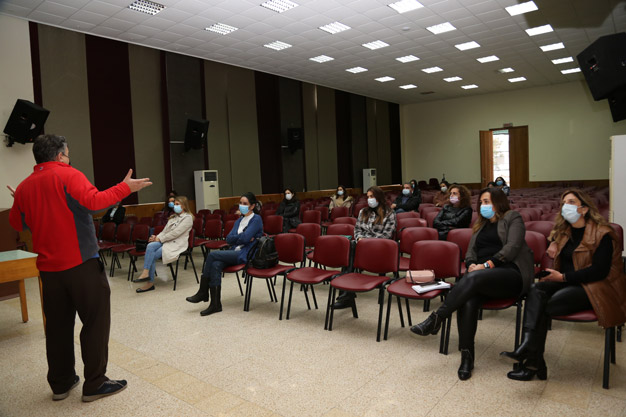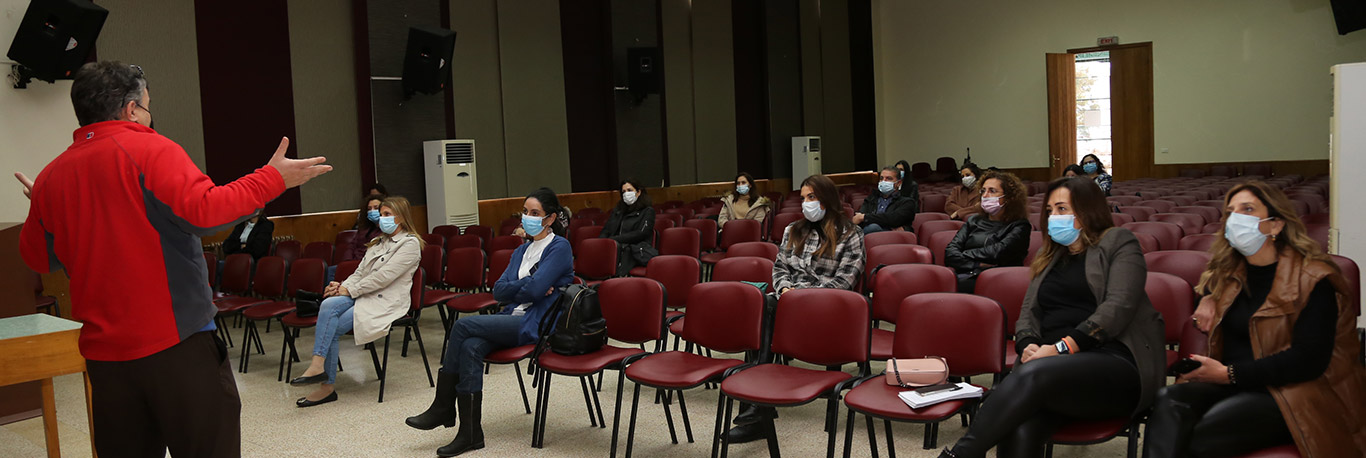Parental Coaching
Tuesday, 7 December 2021
Share this article:
Our children grow up! This is something that we are all aware of. We can have mixed emotions about this. We can miss the young child they were and at the same time we can celebrate and feel proud of the teenager they are becoming.
During the parental coaching session, we explored brain development, up to age 25, and why children take risks. By understanding the ‘why’ behind ‘why children take risks’ we can, as adults, better understand why our children interact with technology in the manner that they do. In case you are curious the rational part of the brain is the last part of the brain to develop, finishing about age 25.

This doesn’t mean that children cannot make rational decisions it just means that the more rapidly developing emotional part of the brain has a habit of taking over ‘in the moment’. Our children are going to take risks (click now, think later) and make mistakes in the online world, in the same way they will in the physical world. Making mistakes is human, it is part of how we learn. As adults we must be clear that the avenues the internet can quickly push children down are not perhaps avenues that they are yet old enough to explore.
We explored what the ‘right tool is for the right job’. Why as parents have we decided on the piece of technology that our child has been given. What is its purpose? If we provide a phone to our child for emergency use only, why is it the latest iPhone with 5G? This isn’t saying that our children shouldn’t have technology. The point to consider is ‘why’ have I given them the technology that they have? Is it the ‘right tool for the right job’?

We discussed the importance of parent-child dialogue and treating the online world as we treat the physical world. Eating together and having conversations about technology in the same way we would have conversations about their football practice or dance rehearsal. It’s about sharing and maintaining relationships as our children grow and develop. As adults we must know what the boundaries are for our children. These will change as they grow. We wouldn’t let our children skateboard down the middle of the road and we would be able to explain to our children why this was not a sensible idea. We must have the same understanding of boundaries that we place onto the online world. As we know, ‘because I said so’ is not overly effective as a reason.
We reviewed some simple strategies to support us, as parents, when supporting our children. Strategies such as
1) Agree expectations. Have a contract?
2) Limit time and times.
3) Have a central charging location.
4) No devices in bedrooms.
5) Talk about online activities in the same way you would physical activities.
6) You are the adult and you can always pull back when required.
7) Have a shared family phone that is used by your children for WhatsApp etc.
8) Expect them to make mistakes in the same way they will in the physical world.
9) Expect them to not understand that anything they do online is not public.
10) Accessing information/ images online is easier than in the physical world.
11) On social media it is hard to read physical body language.
12) Talk to each other as parents and share/ agree communal expectations.
Something to think about. In the past when 11 and 12 year olds first discovered large dictionaries in libraries, what were the first words they tended to look up? Their behaviour is no different today. The difference today is that instead of a dictionary they can ask Google.
Workshop Presented and Article Authored by Sage Ball, Vice Principal Pastoral





